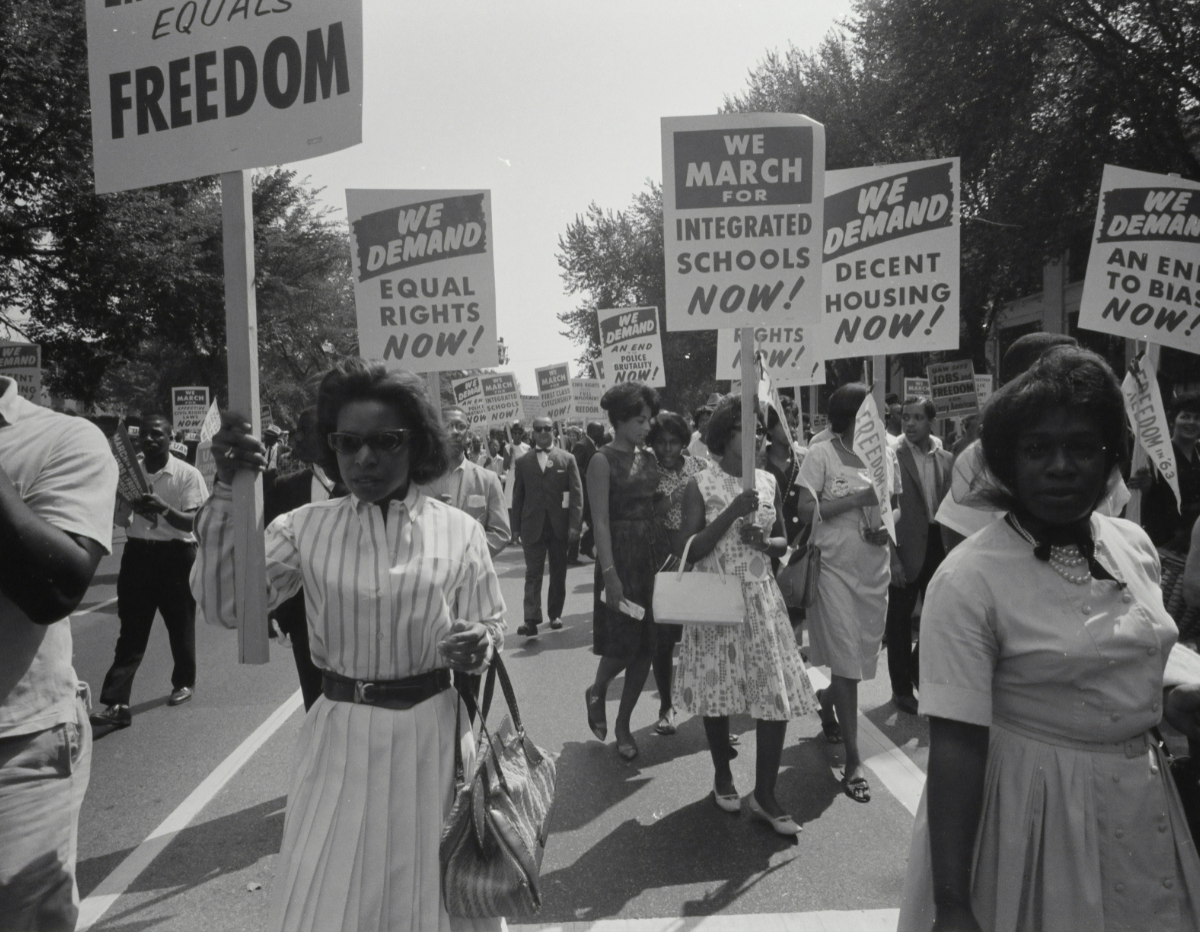
A few weeks ago, I found myself in a small but firm debate with my husband about our daughter’s antibiotics. Doctors prescribed a 10-day course, and as she started feeling better, the question arose: Do we really need to finish the full treatment?
Absolutely. We had to. Because if you stop treatment too soon, the infection doesn’t just return—it comes back stronger, more resistant, and harder to fight.
And that made me think about where we are today.
Diversity, equity, and inclusion (DEI) is being erased—scrubbed from policies, from institutions, from funding. First, they told us critical race theory was the problem in our schools, even though most opponents could not define the term. That wasn’t enough. Then they turned to social-emotional learning, demonizing programs that help children—especially disabled children—navigate the world. And now, it’s DEI. What’s next?
This is happening because we have never fully addressed the roots of racism in this country. Like an unfinished course of antibiotics, we stop the hard work too soon, and the disease mutates, growing more resistant, more dangerous. During the Civil Rights Movement we had historic policy wins; but because we never reckoned with the heart condition that perpetuated slavery, many of those wins have been temporary. We applied bandages when we needed heart surgery. And now, we are seeing the consequences.
Black History Month was founded by Carter G. Woodson as a way to uplift stories that have been erased. But in a world where Black history itself is under attack, we must ask: Are we using this month as a true act of resistance, or has it become another bandage? A symbolic gesture that allows those in power to say, See? We still celebrate Black history, while stripping away the very policies that protect Black futures?
The spirit of Black History Month must be resistance—not just celebration but action. We resist by telling the full truth, by refusing to let our stories be erased, by continuing the work even when it is not popular. Because resistance isn’t just for the moments when corporations are posting Black Lives Matter on their websites. It’s for the moments when it feels like we are standing alone, when the tide has turned against us, when speaking out comes with a cost.
This month, I am committing to learning more about the stories of resistance that history has tried to bury—stories like that of Fannie Lou Hamer, whose courage in the face of brutal oppression continues to inspire. And I invite you to do the same.
Because if we have learned anything, it’s this: We cannot stop now. We must finish the course.
Toward justice.



